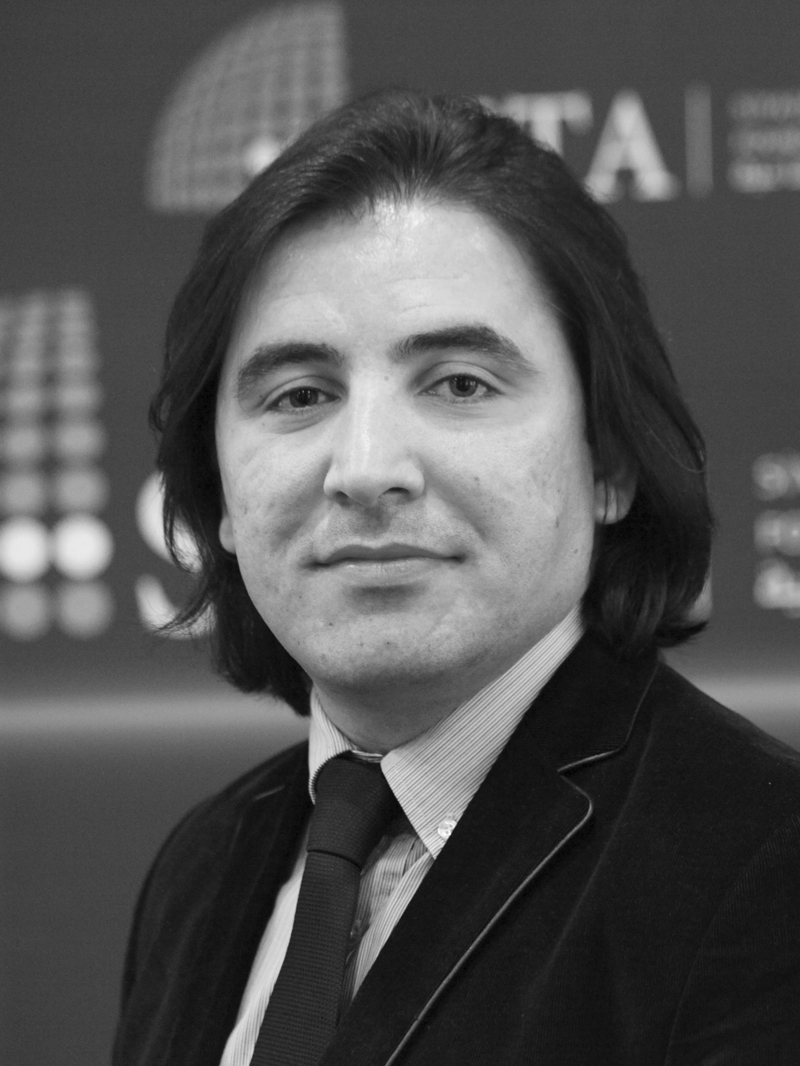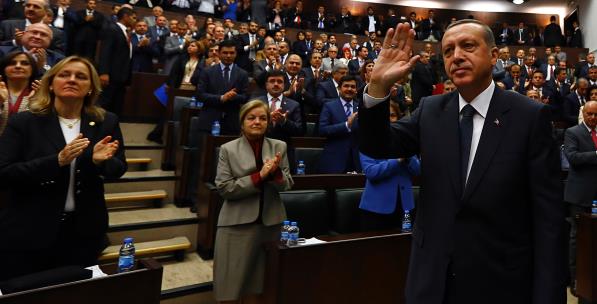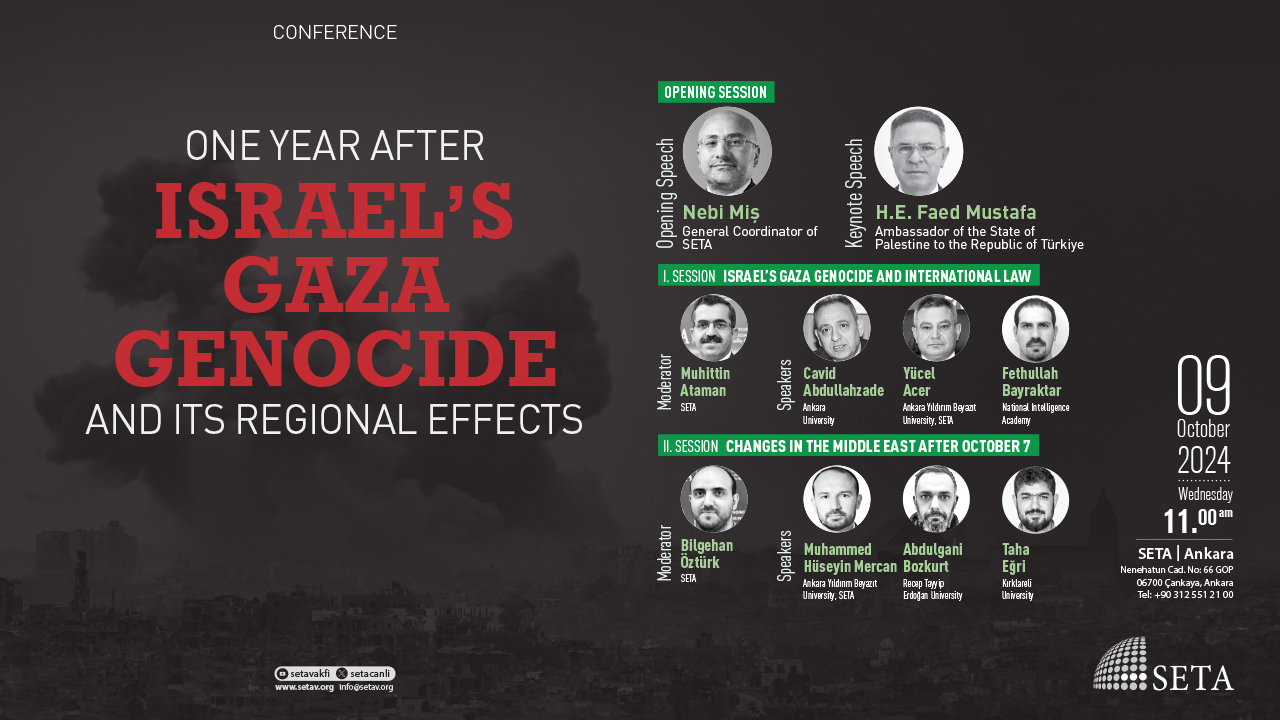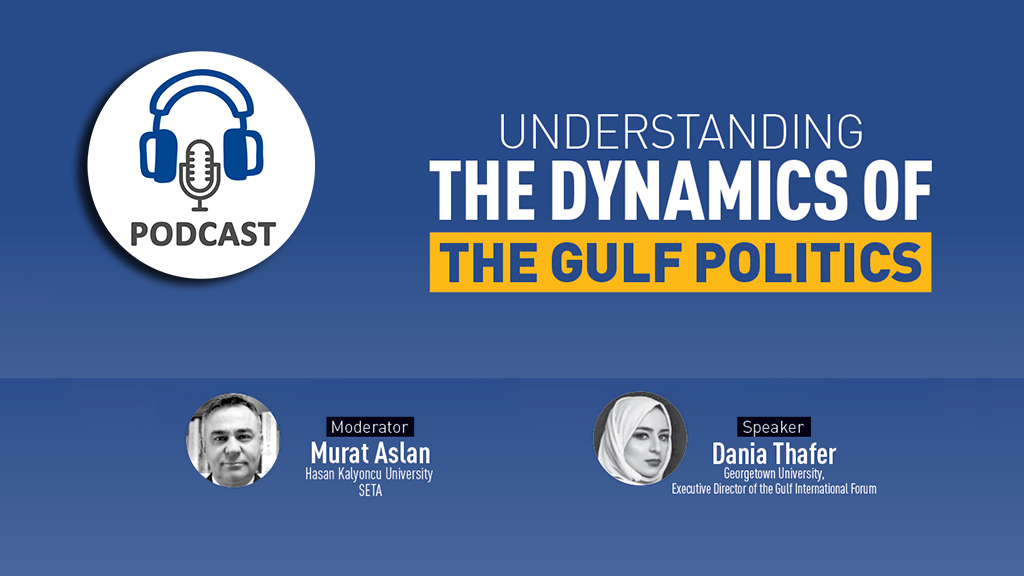Turkey is set to have its first popularly elected president in August. On the governing side of the Justice and Development Party (AKP), all signs point to Prime Minister Recep Tayyip Erdogan as the party's candidate for the presidential race. On the opposition side, no name has so far emerged as a potential candidate to challenge him in the contest.
Since the president will be elected by the people for the first time, questions abound regarding his or her new role in the political system. Moreover, as Erdogan has made clear his desire to assume the presidency, the future of his party has been hotly debated since he would have to leave the party's chairmanship, if elected president.
As noted by Hatem Ete of SETA Foundation, after the presidential elections of August, Turkey will experience a third type of presidential system. The first refers to the period between 1923-1960, during which the presidential office was the most powerful institution in the system with the power to appoint the prime minister, and was hence directly responsive to the people. On the all important decisions, the president retained the primary authority.
A NEW TYPE OF PRESİDENTİALİSM
Yet after the military coup of the 1960, a new type of presidentialism was devised by Turkey's military-led bureaucratic establishment in which the presidential office was detached from the people, made responsive to the establishment, and given a ceremonial role, putting aside its power of appointing high-ranking bureaucrats. This power of appointment was conferred upon the president, as he was regarded as a check on the power of the elected parliament. Aside from the presidencies of the reform-minded Turgut Ozal and Abdullah Gul, Turkey's presidents have performed this role meticulously since the 1961 coup constitution.
The election of the president was altered in 2007, due to the discord between the AKP government and the secular establishment (spearheaded by the military) over the candidacy of Abdullah Gul, whose wife wore a headscarf.
It is therefore clear that the nature and content of the presidency will change as well. In the new, projected form, the president will launch his or her election campaign, deliver political messages, rely on a social base for his election, and ultimately be elected directly by the people with over 50 percent vote.
Given the legitimacy and power that the president will acquire with such a wide margin and Turkey's highly political and polarised society, the president will inevitably become a political personality, responsive to his or her electoral base, and thereby act in a political manner as well.
Furthermore, there will be a change to the one-term limit in previous election rules, one of the main factors that drove a wedge between the president and the people and made him a representative of the system (rather than people). In the new format, the president will be able to seek re-election for a second term, further creating an incentive for the elected president to be responsive to the demands of his or her constituency.
Specifically, Turkey's political system centred around the premiership is expected to encounter various challenges, as Turkey's next president will have a strong popular mandate and highly likely to be elected with a larger share of votes than the prime minister. Unless settled, this issue will further complicate Turkey's political system and render it amenable to long-term problems.
The bond between Erdogan and the AKP's social base, alongside its continuing upward mobilisation, has paved the way for him to remain the most powerful personality in the political system. Turkey's modernisation project and republican history created a minority of "winners" - a Western-oriented secular section of society that seamlessly fits the desired notion of the republican citizen - and a majority of "losers" - the large conservative-Islamic-Kurdish part of Turkey.
Over the last decade, however, this majority has experienced a significant socioeco









